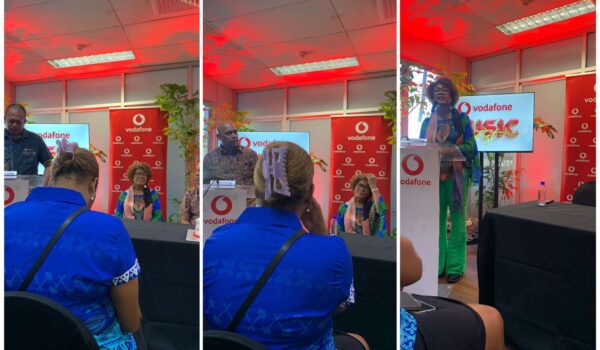In the digital age, where much of our communication and social interaction occurs online, sharing social media passwords among couples has become a topic of interest and debate. While some view it as a symbol of trust and intimacy, others see it as a potential invasion of privacy. Let’s explore the reasons why couples might choose to share their social media passwords and the implications of this practice.
One of the primary reasons couples share social media passwords is to build trust and foster transparency in their relationship. By allowing their partner access to their online accounts, individuals demonstrate that they have nothing to hide. This gesture can reassure both partners, reducing insecurities and fostering a sense of openness.
In some relationships, sharing passwords can enhance communication and mutual understanding. It can help partners stay connected and informed about each other’s online interactions and interests. For instance, sharing accounts can simplify the sharing of content, such as photos or event invitations, making it easier to stay updated on each other’s social circles and activities.
In a world where online interactions can sometimes lead to infidelity, sharing social media passwords can be a preventive measure. For couples who have experienced trust issues or infidelity in the past, this practice can serve as a way to rebuild trust and reassure one another. It can help eliminate suspicions and provide peace of mind, knowing that both partners are committed to transparency.
While there are several reasons couples may choose to share their social media passwords, it’s important to consider the potential downsides:
- Privacy Concerns: Sharing passwords can lead to a loss of individual privacy. Everyone needs a certain level of personal space, even within a relationship, and constant access to each other’s online interactions can feel invasive.
- Control and Power Imbalances: In some cases, one partner might feel pressured to share passwords, leading to power imbalances. This can create a dynamic where one partner has more control over the other’s online presence.
- Over-reliance on Transparency: Relying solely on password sharing as a means to build trust can be problematic. Trust in a relationship should be based on mutual respect and open communication, not just on the ability to monitor each other’s online activities.
Sharing social media passwords among couples can be a double-edged sword. While it can enhance trust, transparency, and convenience, it also poses risks to individual privacy and relationship dynamics. Ultimately, whether or not to share passwords is a personal decision that should be made based on mutual agreement and an understanding of the potential implications. Healthy relationships are built on trust, respect, and communication, whether or not passwords are part of the equation.








